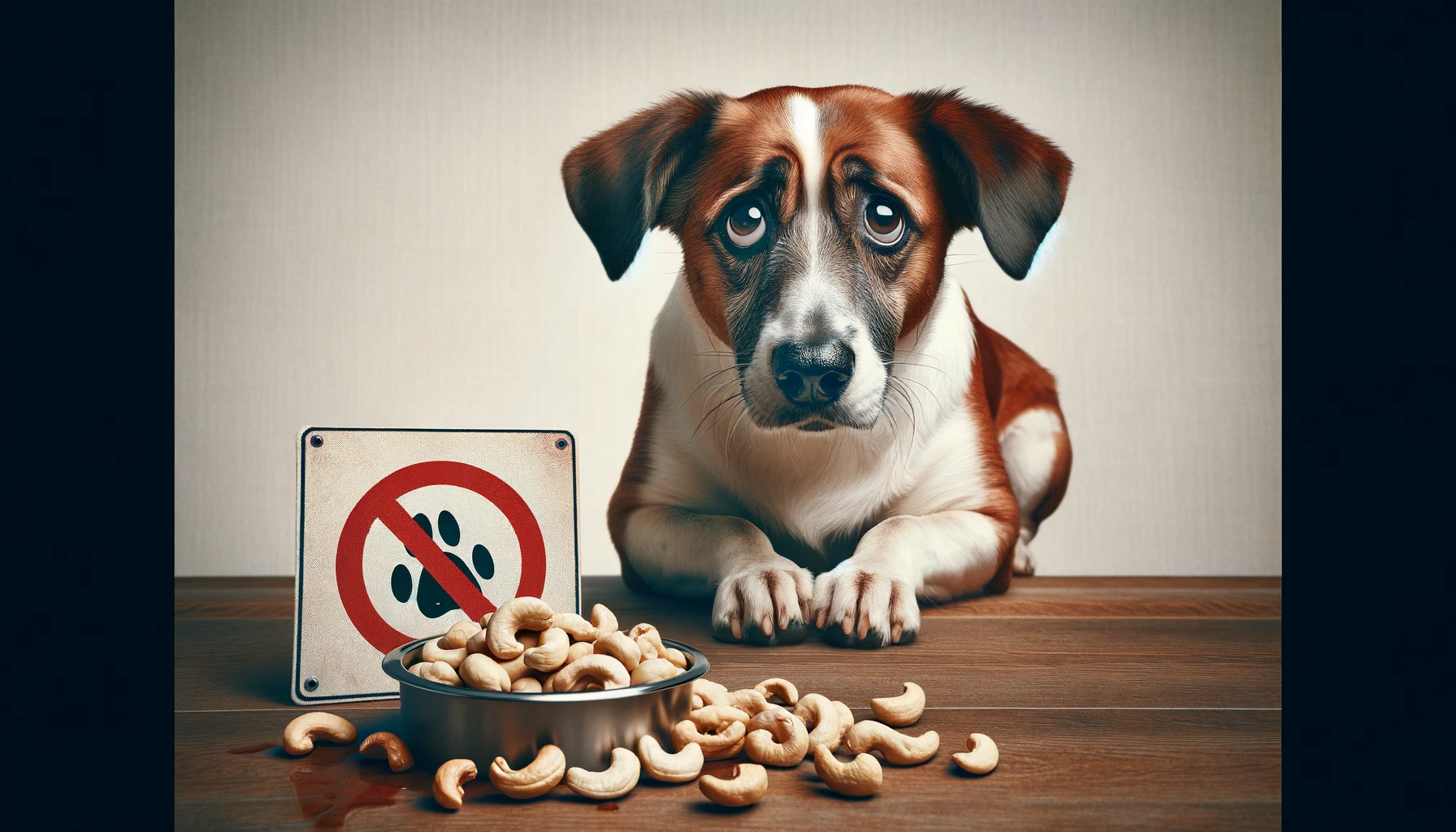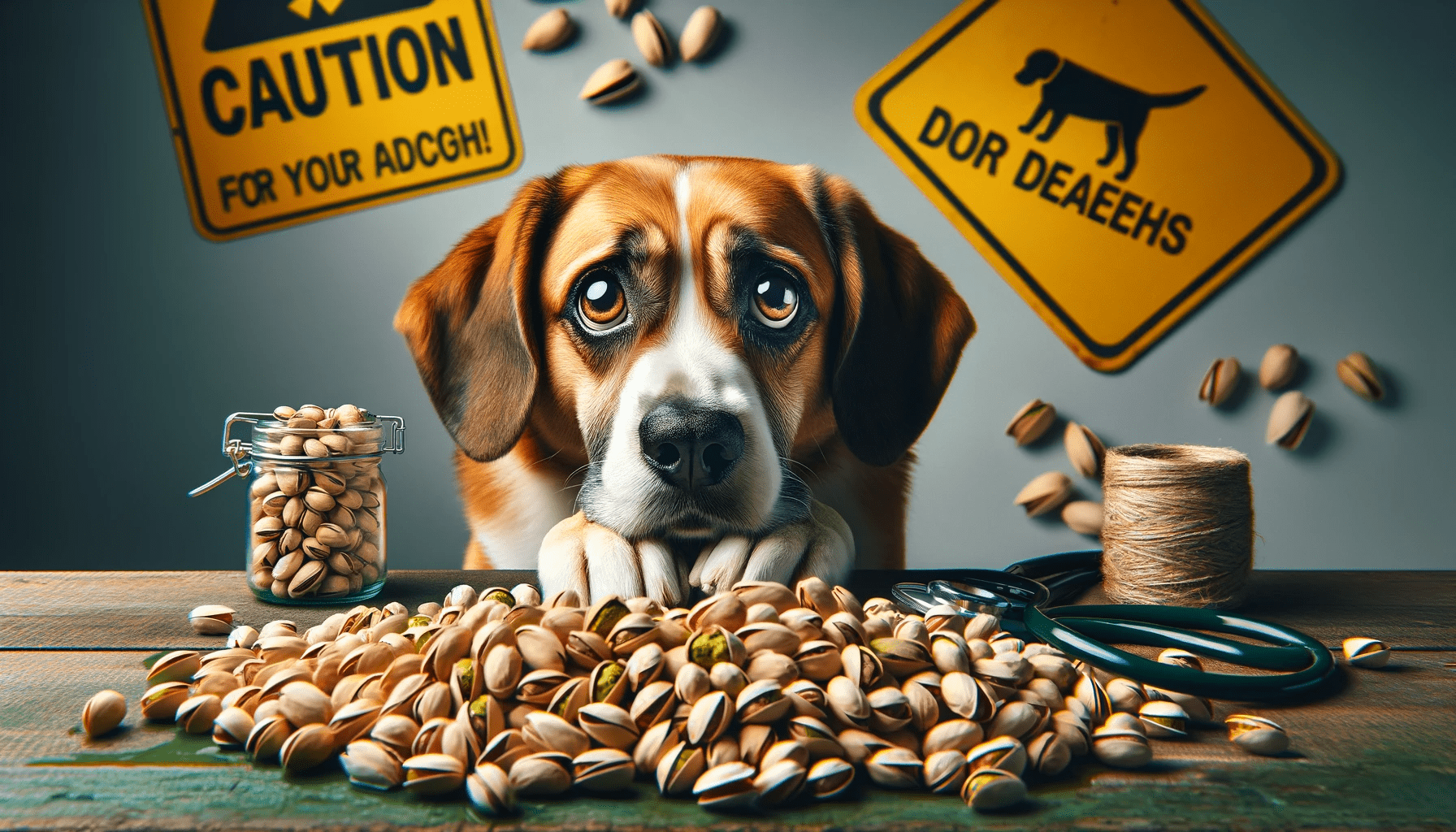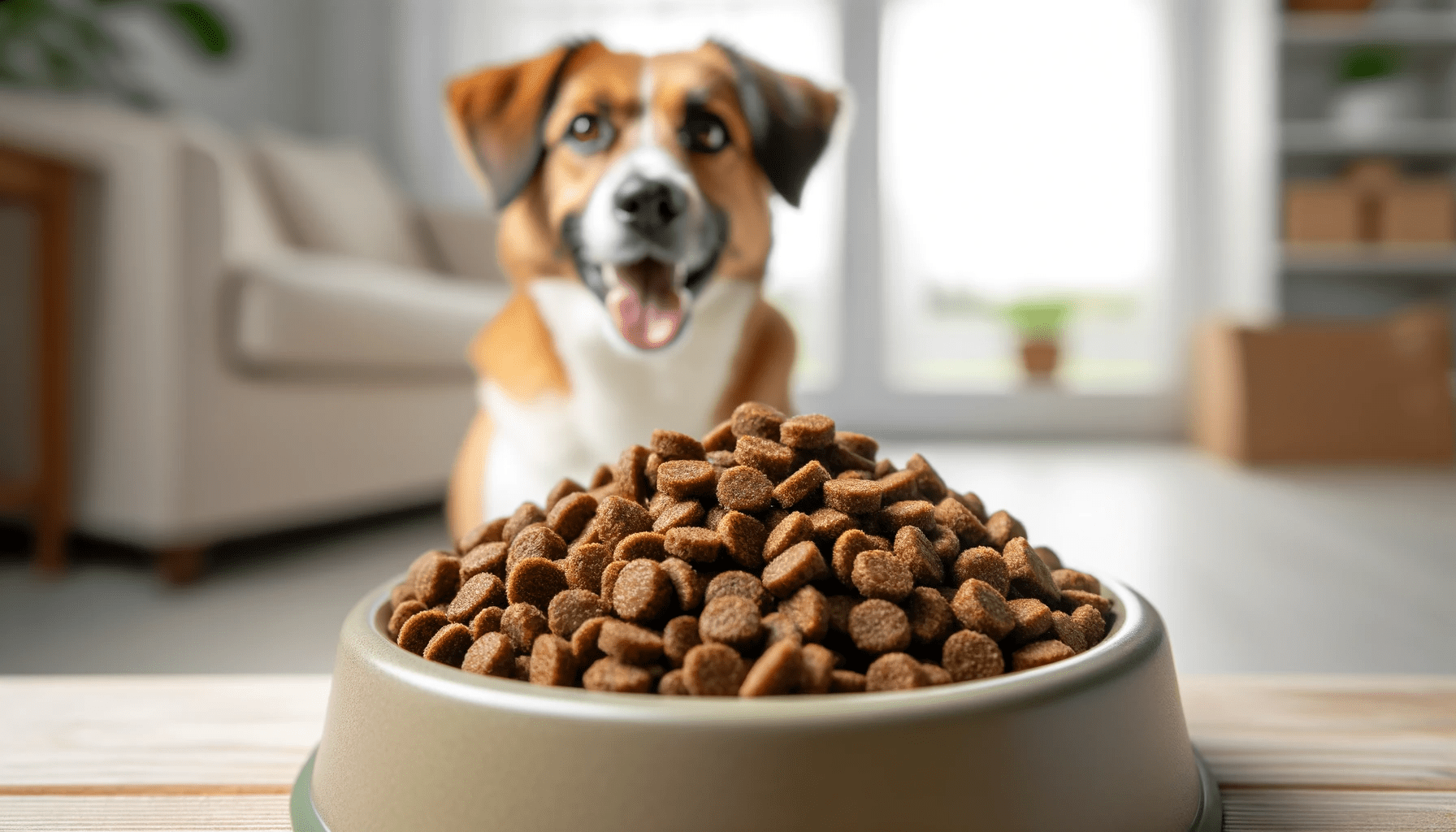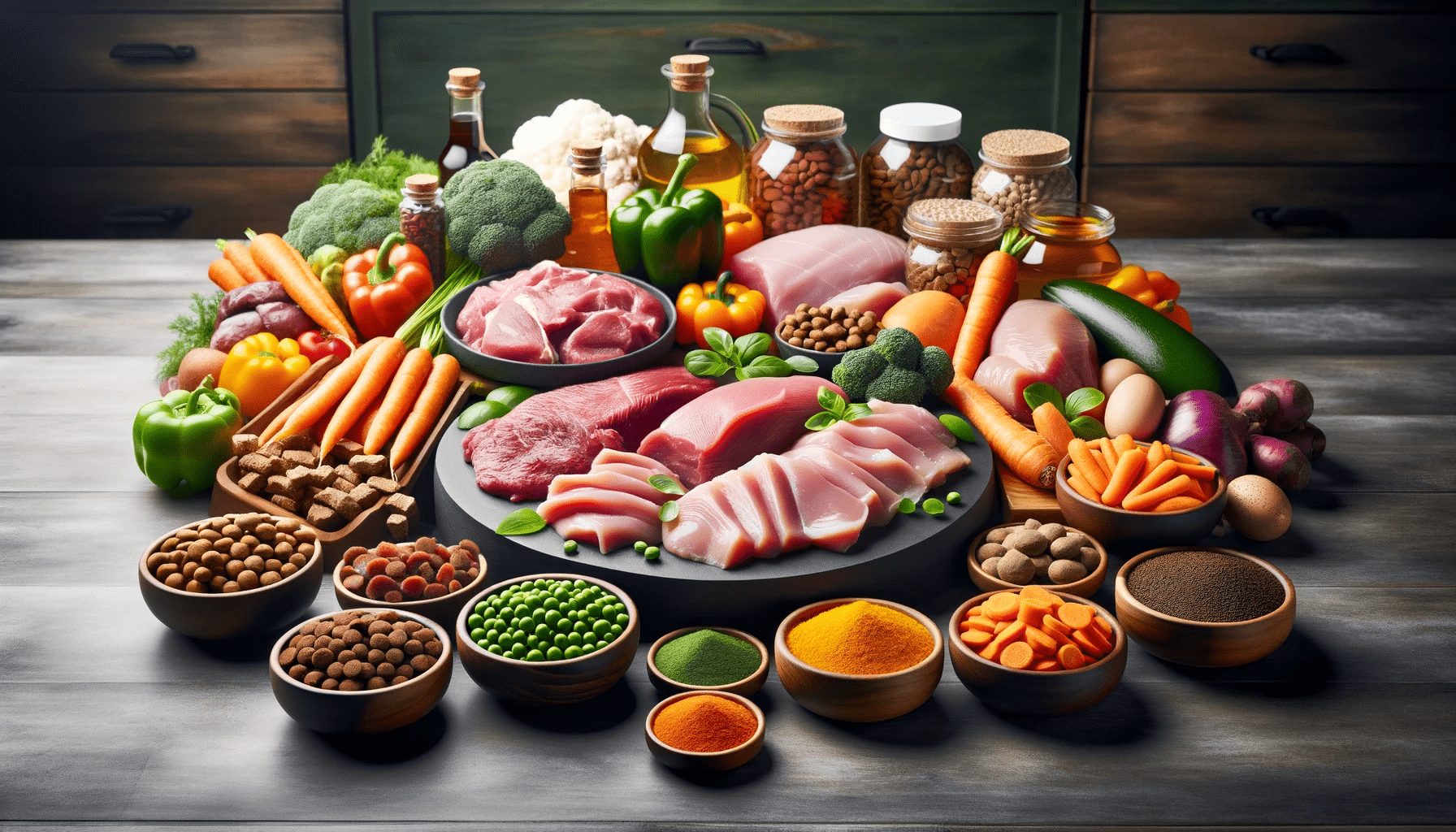Are you ready to revolutionize your dog's diet? Discover the power of optimal nutrition and unlock a world of health and vitality for your furry friend.
From essential nutrients to the importance of protein and beneficial fats, this article will guide you through the key elements of a balanced dog diet.
Learn how to decode food labels, incorporate supplements, and establish feeding guidelines that will keep your dog in top shape.
It's time to take control of your dog's nutrition and give them the best life possible.
Key Takeaways
- Dogs require a combination of proteins, carbohydrates, fats, vitamins, and minerals for optimal nutrition.
- Homemade dog food allows for complete control over ingredients and can be tailored to a dog's specific needs.
- Protein is essential for muscle growth, tissue repair, and a strong immune system in dogs.
- Beneficial fats and oils, such as omega-3 fatty acids and coconut oil, are important for a dog's overall health and wellbeing.
Essential Nutrients for Dogs
In order to provide your dog with a well-balanced diet, you need to ensure they receive all the essential nutrients they require. This is particularly important if your dog has food allergies or sensitivities. While commercial dog food may provide the necessary nutrients, some dogs may benefit from a homemade dog food diet. Homemade dog food allows you to have complete control over the ingredients and can be tailored to your dog's specific needs.
When it comes to essential nutrients, dogs require a combination of proteins, carbohydrates, fats, vitamins, and minerals. Proteins are crucial for muscle growth and repair, while carbohydrates provide energy. Fats are important for healthy skin and coat, as well as the absorption of vitamins. Vitamins and minerals are necessary for overall health and wellbeing.
If your dog has food allergies, it's essential to identify the specific allergens and avoid them in their diet. Common allergens include grains, dairy, and certain proteins like beef or chicken. By preparing homemade dog food, you can carefully select ingredients that are safe for your dog and eliminate potential allergens.
Importance of Protein in Dog Food
To ensure optimal nutrition for your dog, it's important to understand the significance of protein in their diet. Protein is an essential nutrient that plays a crucial role in the overall health and well-being of your furry friend. It's responsible for building and repairing tissues, supporting a strong immune system, and maintaining healthy skin and coat. Dogs require a sufficient amount of high-quality protein to thrive.
When choosing a dog food, it's essential to consider the protein sources it contains. Look for proteins that are easily digestible and provide all the essential amino acids your dog needs. Common protein sources in dog food include chicken, beef, fish, and lamb. Some specialized diets may also include novel protein sources like venison or duck.
The protein requirements for dogs vary depending on factors such as age, activity level, and overall health. Puppies, pregnant or lactating dogs, and highly active dogs have higher protein requirements than adult dogs. It's important to consult with your veterinarian to determine the appropriate protein levels for your dog based on their individual needs.
Beneficial Fats and Oils for Dogs
Beneficial fats and oils play a crucial role in your dog's overall health and well-being. Omega-3 fatty acids are essential for maintaining a healthy coat and skin. Coconut oil aids in digestion and promotes a glossy coat. By incorporating these beneficial fats and oils into your dog's diet, you can help optimize their nutrition and support their overall vitality.
Omega-3 for Healthy Coat
When it comes to your dog's diet, incorporating omega-3 fatty acids is essential for maintaining a healthy coat. Omega-3 fatty acids provide numerous benefits for your furry friend, including promoting healthy skin and a shiny coat. They also play a crucial role in supporting joint health, brain development, and overall health and well-being.
Here are two important reasons why omega-3 fatty acids are vital for your dog's coat:
- Healthy Skin: Omega-3 fatty acids help reduce inflammation and can alleviate skin conditions such as itching, dryness, and flakiness, leading to healthier and more comfortable skin for your dog.
- Shiny Coat: These essential fatty acids improve the quality and texture of your dog's coat, making it shiny, lustrous, and less prone to shedding.
Coconut Oil for Digestion
Incorporate coconut oil into your dog's diet to support healthy digestion and provide beneficial fats and oils.
Coconut oil is rich in medium-chain fatty acids, which can help improve digestion and nutrient absorption in dogs. These fatty acids are easily digested and converted into energy, promoting a healthy digestive system.
Furthermore, coconut oil has antimicrobial properties that can help combat harmful bacteria and parasites in the gut, reducing the risk of digestive issues such as diarrhea and constipation.
Additionally, coconut oil can contribute to a healthy skin and coat in dogs. Its moisturizing properties can help alleviate dry skin and reduce itchiness, while also adding shine and luster to your dog's coat.
Carbohydrates for Energy and Fiber
To provide your dog with the necessary energy and fiber for optimal nutrition, include an appropriate amount of carbohydrates in their diet. Carbohydrates are an essential source of energy for dogs and play a crucial role in maintaining their overall health. Here are two key reasons why carbohydrates are important for your dog:
- Carbohydrates for Weight Loss:
Including carbohydrates in your dog's diet can aid in weight management. High-quality carbohydrates, such as whole grains and vegetables, provide a feeling of fullness while being lower in calories compared to fats. This can help prevent overeating and promote weight loss in dogs that need to shed some pounds.
- Carbohydrates for Gastrointestinal Health:
Fiber, a type of carbohydrate, is essential for maintaining a healthy digestive system in dogs. It adds bulk to their stool, promoting regular bowel movements and preventing constipation. Additionally, fiber acts as a prebiotic, feeding the beneficial bacteria in your dog's gut and promoting a healthy gut microbiome.
Including carbohydrates in your dog's diet can provide them with the energy they need to stay active and support their overall well-being. Just remember to choose high-quality sources of carbohydrates and consult with your veterinarian to determine the appropriate amount for your furry friend.
Vitamins and Minerals for Optimal Health
Include a variety of vitamins and minerals in your dog's diet to ensure optimal health and well-being. Just like humans, dogs require a balanced intake of essential nutrients to support their bodily functions. Vitamin deficiencies can lead to various health problems in dogs, so it's crucial to provide them with a well-rounded diet that meets their nutritional needs.
Vitamins play a vital role in maintaining your dog's overall health. Vitamin A, for example, is essential for healthy vision, while vitamin D helps with calcium absorption and bone development. B vitamins are responsible for energy production and a healthy nervous system. Vitamin deficiencies can lead to issues such as poor coat quality, weakened immune system, and even organ damage.
Minerals are equally important for your dog's well-being. They're involved in various physiological processes and are necessary for proper growth and development. Calcium, phosphorus, and magnesium are essential minerals that support strong bones and teeth. Iron is important for oxygen transportation in the body, while zinc is necessary for healthy skin and coat.
It's important to note that the absorption of minerals can be influenced by factors such as age, breed, and overall health. Providing a well-balanced diet with adequate amounts of vitamins and minerals is crucial to ensure optimal health and prevent deficiencies in your furry friend.
Consult with your veterinarian to determine the specific nutritional needs of your dog and choose a high-quality dog food that meets those requirements.
Understanding Dog Food Labels
Make sure you understand the information on dog food labels. Deciphering labels can be overwhelming, but knowing what to look for is crucial in ensuring your dog's optimal nutrition.
Here are some key points to consider:
- Dog food ingredients: The first step in understanding a dog food label is to analyze the ingredients list. Look for high-quality protein sources like chicken, beef, or fish, listed as the first few ingredients. Avoid foods that contain fillers, by-products, or artificial additives.
- Guaranteed Analysis: This section provides important information about the nutrient content of the food. Pay attention to the percentages of protein, fat, and fiber. These values should meet your dog's specific dietary needs.
- Feeding Guidelines: This section provides recommended serving sizes based on your dog's weight and activity level. Keep in mind that these are general guidelines, and you may need to adjust the portions depending on your dog's individual needs.
- AAFCO Statement: The Association of American Feed Control Officials (AAFCO) sets the standards for pet food. Look for a statement on the label that says the food meets AAFCO nutrient profiles or has undergone feeding trials.
Understanding dog food labels empowers you to make informed choices for your furry friend. By carefully examining the ingredients, guaranteed analysis, feeding guidelines, and AAFCO statement, you can ensure that your dog receives the optimal nutrition they deserve.
The Role of Supplements in Dog Nutrition
When it comes to your dog's nutrition, supplements play an important role in ensuring their overall health and well-being. Necessary dietary supplements can provide additional nutrients that may be lacking in their regular diet, helping to fill in any nutritional gaps.
These supplements can offer a range of benefits, from supporting joint health to boosting immune function, and can be a valuable addition to your dog's daily routine.
Necessary Dog Dietary Supplements
Enhance your dog's nutrition with essential dietary supplements for optimal health. Including certain supplements in your dog's diet can help support their overall well-being.
Here are two key supplements that play a vital role in your dog's health:
- Dog Joint Health:
- Glucosamine and chondroitin: These supplements are commonly used to promote joint health in dogs. They help reduce inflammation and alleviate joint pain, making movement easier for your furry friend.
- Probiotics for Digestion:
- Probiotics are beneficial bacteria that support a healthy gut. They aid in digestion and improve nutrient absorption. Adding probiotics to your dog's diet can help prevent digestive issues such as diarrhea and constipation.
By incorporating these supplements into your dog's diet, you can ensure that they receive the necessary nutrients to support their joint health and digestion.
Remember to consult with your veterinarian before adding any new supplements to your dog's diet.
Benefits of Nutritional Supplements
Including essential dietary supplements in your dog's diet can significantly enhance their nutrition and contribute to their overall well-being. One of the key benefits of nutritional supplements for dogs is the inclusion of probiotics.
Probiotics are live bacteria that promote a healthy gut by improving digestion and nutrient absorption, boosting the immune system, and preventing gastrointestinal issues. These beneficial bacteria can help alleviate symptoms of diarrhea, constipation, and food allergies.
Additionally, the role of antioxidants in dog nutrition is crucial. Antioxidants help neutralize harmful free radicals in the body, reducing the risk of chronic diseases, promoting a healthy immune system, and improving cognitive function. They can also enhance skin and coat health, making your dog's fur shiny and reducing itching and inflammation.
Feeding Guidelines and Portion Control
To ensure your dog receives the appropriate amount of food, it's crucial to follow feeding guidelines and practice portion control. By adhering to these guidelines, you can help maintain your dog's optimal health and prevent overfeeding or underfeeding.
Here are some important points to consider:
- Portion sizes: It's essential to provide your dog with the right portion sizes based on their age, weight, and activity level. Consult your veterinarian or refer to the packaging of your dog's food for recommended serving sizes. Adjust the portion as needed to maintain a healthy weight.
- Feeding frequency: The frequency of feeding depends on your dog's age and size. Puppies generally require more frequent meals, usually three to four times a day, while adult dogs can be fed once or twice a day. However, it's important to note that some dogs may have specific dietary needs or health conditions that require a different feeding schedule. Consult your veterinarian for personalized advice.
By following these feeding guidelines and practicing portion control, you can ensure that your dog receives adequate nutrition without overindulging or depriving them.
Frequently Asked Questions
Can I Feed My Dog a Vegetarian or Vegan Diet?
You can feed your dog a vegetarian or vegan diet, but it is important to consult with a vet first. There are vegetarian dog food options available, and some benefits of a vegan dog diet include reduced allergies and improved digestion.
Are Raw Food Diets Beneficial for Dogs?
Raw food diets can be beneficial for dogs. Compared to commercial dog food, raw food provides more natural nutrients and can improve digestion, coat health, and energy levels. A balanced diet is essential for your dog's overall well-being.
How Do I Know if My Dog Has a Food Allergy?
To identify common food allergens for dogs, look out for signs like itching, diarrhea, or vomiting. Keep a food diary and gradually reintroduce ingredients to pinpoint the culprit. Consult a vet for a proper diagnosis and dietary changes.
Can I Feed My Dog Human Food Leftovers?
Feeding your dog human food leftovers can have pros and cons. While some foods are safe, others can be toxic. It's best to avoid table scraps and opt for alternative options like specially formulated dog food for optimal nutrition.
What Should I Do if My Dog Refuses to Eat Their Regular Food?
If your dog refuses to eat their regular food, try introducing new flavors and dog food alternatives. It's important to ensure they are still getting optimal nutrition. Consult with a veterinarian for guidance.
Conclusion
In conclusion, providing your dog with optimal nutrition is essential for their overall health and well-being.
By understanding the importance of essential nutrients, such as protein, fats, carbohydrates, vitamins, and minerals, you can revolutionize your dog's diet.
It's also important to carefully read and understand dog food labels and consider the role of supplements.
By following feeding guidelines and practicing portion control, you can ensure that your dog receives the necessary nutrients for optimal health.






